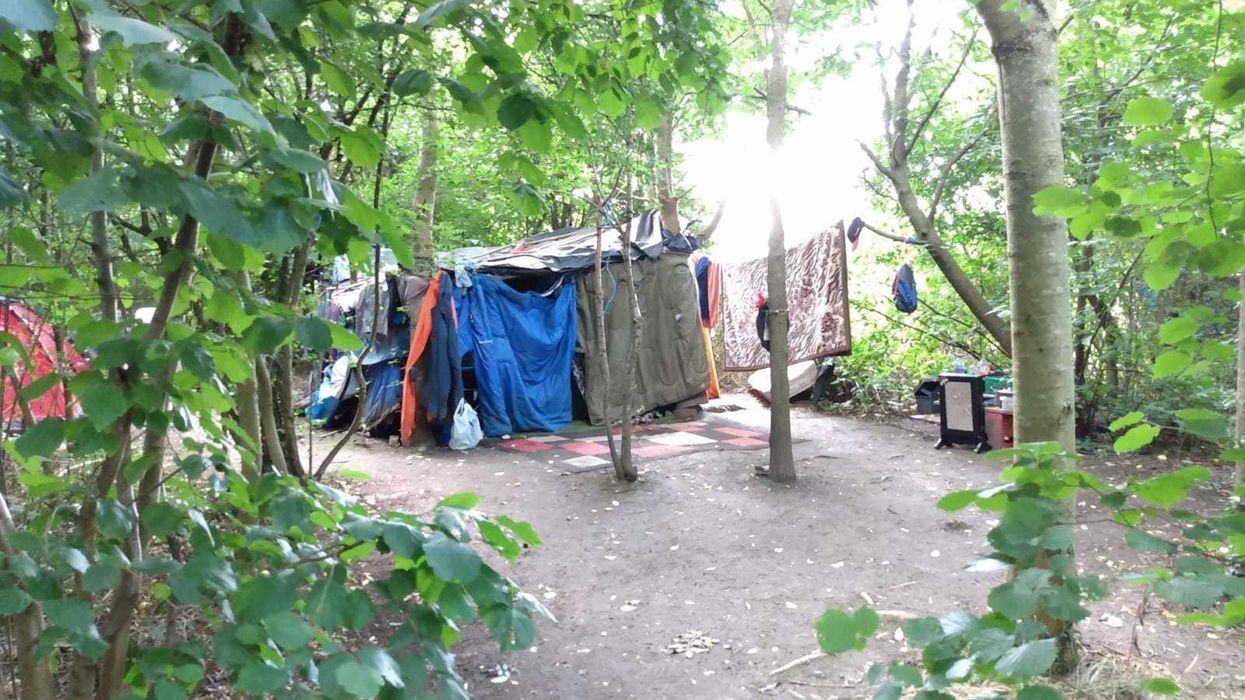The man whose remains were found in Herschel Park, Slough was a homeless person who had been known to sleep rough there, the LDRS has learned.
Karandeep Singh’s remains were discovered in the park on 7 July this year – more than two years after he was reported missing.
Homelessness charity Slough Outreach told the LDRS they knew Singh and that he had slept in Herschel Park before going missing. Charity founder Shin Dhother said: “I knew him really well. He was sleeping in Herschel Park.
“He lost his job and his construction workers’ licence. He was really, really upset about it and was just drinking himself to death. He was put up in a B&B during Covid but then he lost it.”
Slough Borough Council has confirmed Singh was known to its rough sleeping team when officers first found him sleeping rough in Herschel Park in February 2021 after he moved from Birmingham.
The spokesperson also confirmed Slough Borough Council had provided him B&B accommodation during the coronavirus lockdown, but lost contact with him after June 2021.
The spokesperson said: “He started coming to Slough in January 2021 staying with a friend while looking for a job, who could not accommodate him any longer because it was a one-bedroom property.
“On 19 February 2021, he was placed in accommodation in a B&B by the team under the Covid response, which was available for him until 30 June 2021, when Covid restrictions had been lifted.
“During his stay in accommodation, he did not engage with any of the available services. Since the end of June 2021, there has been no further contact and he had not been seen or found sleeping rough in Slough.”
Singh’s remains were discovered close to where homeless people have been camping in a wooded area of the park. Dhother says the people living there were the ones who found Singh’s remains – but had not been living there when he went missing.
Slough Borough Council says it drafts support plans for all cases of rough sleepers. This can include support with employment, immigration, drug and alcohol use, GP services, and severe weather accommodation.
It confirmed it had offered support to five people found camping near where Singh’s remains were discovered, but that it would also ‘seek their removal from the park’.
The spokesperson said: “The Rough Sleeping Team has been working very hard to support those sleeping rough in Herschel Park, offering accommodation to those eligible within the borough of Slough. There have not been any accommodation offers outside of the borough.”
Thames Valley Police has been contacted for comment.
(Local Democracy Reporting Service)




